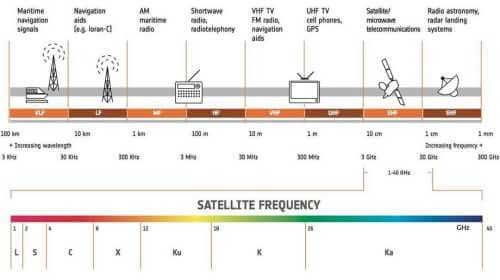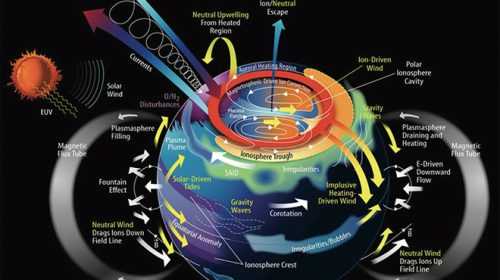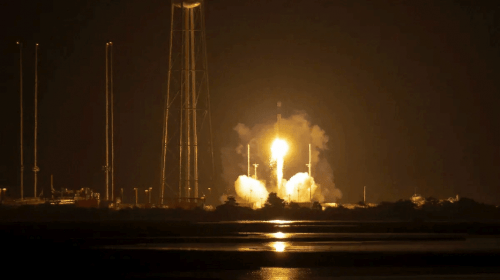Indonesia is an island nation – the world’s largest – that lies in southeast Asia between the Indian and Pacific Oceans with some parts located in Oceania. Indonesia comprises 13,000 islands and 6000 of these are inhabited. It is the world’s fourth most populous country and has the largest economy in southeast Asia with both the private and government sectors playing key roles. Services, manufacturing, agriculture and industry are the principal economic sectors of Indonesia with agriculture as the largest employer, as it has been for centuries. The palm oil and automotive industries are important to the Indonesian economy and there has been a large growth in the amount of tourists visiting the islands with some popular destinations, including eight UNESCO heritage sites. With 58% of the total population living on Java, the rest is scattered across many other islands.
The Largest Country in Southeast Asia
The population of Indonesia is young and this is helping to drive the popularity of mobile broadband across the country. As is the story in many other countries in Asia, fixed lines are in decline but the mobile industry is booming. In Indonesia, there has been a sharp rise in mobile and smartphone ownership and broadband continues to grow in popularity and is accessed through handsets the majority of the time. However, that said, Internet penetration requires improvement and even in areas where it is available, broadband speed is not sufficient to support the media-rich applications that are so popular today. Although 4G is being deployed across the country, and there is a government initiative in play to extend its reach, the network is largely based around the cities and rural areas that are connected tend to be so via 2G services. In 2018, according to Statista, mobile phone Internet user penetration stands at 31.1%.
This drive to connect rural regions to the Internet largely depends on Mobile Network Operators (MNOs) being able to reach users in the areas that are still dependent on 2G or have no coverage at all. BusinessCom Networks’ provides solutions for operators to make their move into rural regions via the rural mobile network solution and using its cellular backhaul solution. Using the rural mobile network, MNOs can gain a great share of the rural market at a fraction of the cost of rolling out traditional GSM infrastructure. The network caters for 2G, 3G and 4G services and delivers low cost cellular voice, SMS and data services, enabling the delivery of useful broadband services across Indonesia.
BusinessCom’s cellular backhaul solution overcomes lack of terrestrial infrastructure using VSAT to connect where other solutions such as microwave and fibre cannot. The service enables the full package of IP services and the delivery of the media-rich applications that this youthful population wants. This is all made possible cost effectively and quickly with a fast return on investment and the ability to scale as required.
Delivery of mobile broadband to rural regions of Indonesia can be made easy using BusinessCom’s extensive solution and expertise. We are on hand to design, implement, maintain and operate your chosen solution which is tailored to your specific needs and those of your users.
Key features
Key differentiators of BusinessCom VSAT services in Indonesia are:
- Broadband Internet access
- Toll quality VoIP and Videoconferencing with CIR
- Reliable SLA through FDMA and D-TDMA
- Star, Mesh and hybrid Star/Mesh topology networks
- Full support of accelerated VPN, CITRIX, ERM and other business applications
- Highly secure operation with optional AES embedded encryption
- Global C-Band coverage and sub-Sahara Ku-Band
- Landing at top tier redundant IP facilities in Western Europe and United States
- Sentinel-based QoS, bandwidth management and optimization platform





